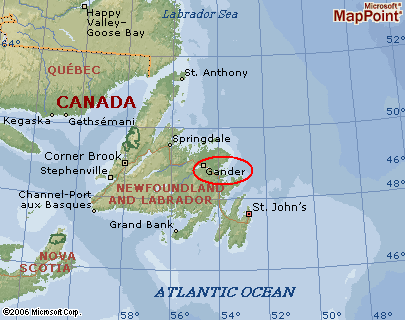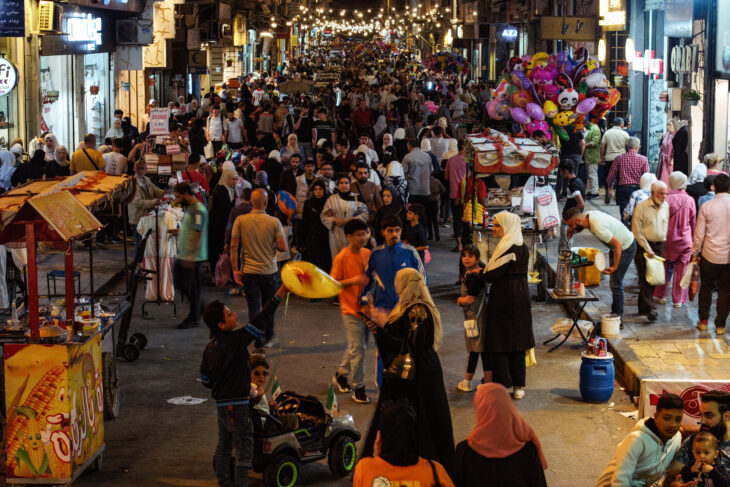The tourism ministry in Jamaica has been constantly encouraging workers in the industry to get vaccinated against the novel coronavirus. The seriousness of this matter led to the establishment of the Vaccination Task Force headed by Minister Edmund Bartlett himself with the objective of having the 170,000 employees in the industry vaccinated.
Driven by the global upsurge in the Delta variant of the virus and reduction in vaccination take up, some countries have already implemented and enforced mandatory vaccines for high-risk groups. Countries such as Indonesia and Italy have gone further by instituting mandatory vaccines for all workers. Canada has implemented the same for all federal employees and Costa Rica for all state workers. Closer to home, the USA announced mandatory vaccines for all federal workers which will be enforced in January 2022.
In Jamaica, mandatory vaccines are being suggested by hoteliers. A survey conducted by the Jamaica Hotel and Tourist Association (JHTA) showed that the vast majority of respondents, representing 98 percent of industry stakeholders, are supporting mandatory vaccines for new and current employees. This recommendation is not unique to Jamaica.
Industry practitioners in Barbados are likewise calling on their government to institute mandatory vaccines for all employees in the tourism industry. This is because they intend to fully benefit from the winter season, which is traditionally the peak season for the industry in the Caribbean.
Knowingly, tourism is one of the main drivers of the country’s economy and is in fact the engine of growth at the micro and macro levels. Hence, there should be no surprise that the industry is calling for mandatory vaccination for its employees and for employment. Many of these workers may defend their constitutional and human rights in terms of religion, health status, personal choice to name a few.
Employers can, however, be on the defence; emphasizing the person-to-person nature of the tourism and hospitality business, leading to the categorisation of this service industry as high-risk and the discourse of health and safety of all involved in the interaction. This has been the case for several countries/destinations where tourism/hospitality workers have to be fully vaccinated against the virus. In addition, travellers/guests either have to be fully vaccinated against the virus or present a negative COVID-19 test upon arrival at their borders/immigration and place of business.
Some countries have also mandated the same for train and ship passengers. Below are examples of countries that have already mandated vaccination or proof of negative test for the accommodation, restaurant and entertainment sectors:
– Australia: Mandatory vaccine for hotel workers.
– Britain: Patrons to night clubs are required to show proof of full vaccination.
– Canada: Patrons of restaurants and movie theatres are required to show proof of full vaccination.
– Greece: Only vaccinated customers are allowed in bars, cinemas and theatres.
– Indonesia and Italy: All workers should be fully vaccinated or have proof of a negative test.
– Lebanon: Only vaccinated guests are allowed in restaurants, cafes and beaches.
– Switzerland: Only vaccinated guests are allowed in restaurants and bars
– Turkey: Guests to restaurants and bars should be fully vaccinated or have proof of a negative test.
– Puerto Rico: All employees, including those in the tourism/hospitality industry, are to be fully vaccinated or have proof of negative PCR or Antigen test taken within 72 hours.
Jamaica has already mandated that travellers to the country be fully vaccinated or show proof of negative PCR or Antigen test taken within 72 hours. What if the tourists among the traveller category demand that all suppliers of tourism and hospitality goods and services be in similar standing? At this time, consumer confidence may be a major consideration for destination choice and travel decisions. Tourists/visitors could demand new criteria such as health and safety and peace of mind for their overall well-being. Leaning on the satisfaction-expectation theory, if performance falls short of expectation one will be dissatisfied. Satisfaction is gained when performance either meets or exceeds expectations. Tourists /visitors/guests with higher expectations will experience higher levels of dissatisfaction.
If the expectation of having vaccinated tourism workers is not met then the tourists/visitors/guests will be dissatisfied and, as per the outcome, may not return or use the ‘word of mouth’ medium to Jamaica’s advantage. Additionally, amidst the country’s target market will be the prevention-focused individual who is motivated to travel because of perceived safety and security of the destination.
They are low risk takers and are more prudent and cautious. At the end of the day, the industry remains dynamic and experiential, and perceived value by the tourist is generated from the service encounter. Being customer specific is even more important than ever during this period, among the competition, and this is highly influenced by the needs of tourists to be safe and secure. Hence, there should be no surprise if tourism/hospitality workers and providers are mandated to “take the jab/jook/vax”.
The Private Sector Organisation of Jamaica (PSOJ) has been very concerned about the unvaccinated portion of the population and actually held the government accountable for this shortfall. Prime Minister Andrew Holness, however, during his visit to several community vaccination blitzes, repeatedly emphasised the need for vaccination among the populace to enable economic recovery, relieve the burdened health care system and for the forward movement of the country. He pointed out that people need to bear the consequences of their freedom and their decision to not get vaccinated, and basically to appreciate the position of the vaccinated population.
Although contracting the virus, hospitalisation and deaths are on the decrease, the Prime Minister spoke of a possible fourth wave of the coronavirus in early 2022 and already the new variant Omicron is creating a global stir. In addition, the curfew hours have been extended to 10:00 pm throughout the week amidst the holiday preparation in the market place amongst sellers and buyers. The outcome betwixt those; residents and visitors alike, who are irresponsible in their behaviour in not adhering to the established COVID-19 protocols, is inevitable and precarious.
Therefore, there should be no surprise if vaccination for tourism workers is mandated to reduce the potential threat of the virus and to keep the industry on its rebound trajectory during the pandemic.
Food for thought.



